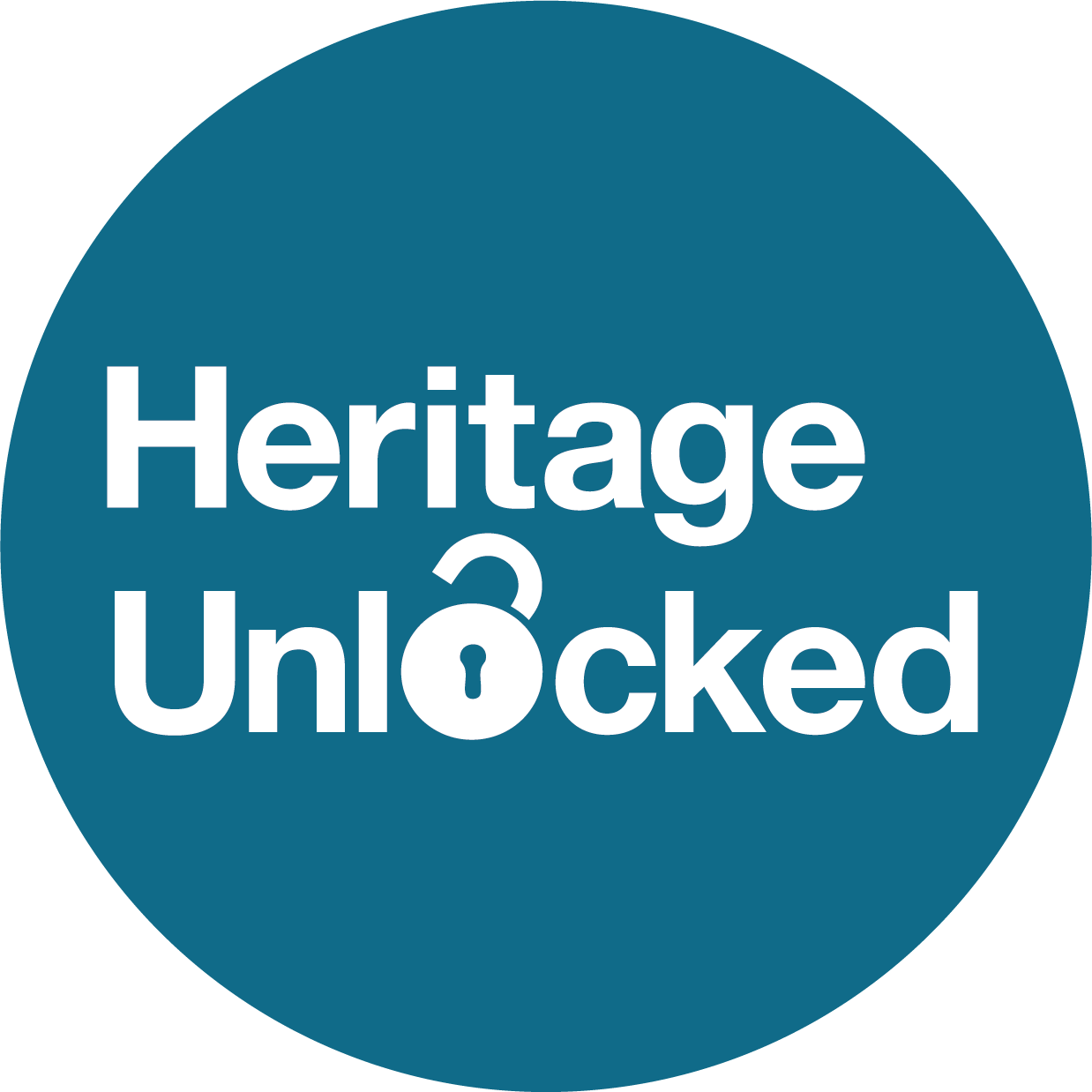Unlocking Heritage with Teesside Archives
During Summer 2021, Teesside University BA (Hons) History graduate Dylan Cooper undertook an internship with Heritage Unlocked as a part of a partnership with the University. Here Dylan shares his experience…
Over twelve weeks in Summer 2021, I had the opportunity to work with Heritage Unlocked through Teesside University’s internship programme. As part of this link-up I have undertaken a variety of tasks that have helped make the history and heritage of the Tees Valley accessible in new, sustainable ways.
The first couple of weeks, I worked on transcribing three oral histories carried out as part of Stockton-on-Tees Borough Council’s Veterans Day activities with the Royal British Legion. The oral history transcripts will be added to the collections of Teesside Archives so that researchers can learn more about experiences of those who served in the Armed Forces.
Following on from this, I was engaged in two research projects. Firstly, I explored the history of the Port of Middlesbrough as part of Heritage Unlocked’s work with AV Dawson. Originally known as ‘Port Darlington’ and the site of the coal staithes established in 1830 following the expansion of the Stockton & Darlington Railway, the research explored the expansion of the railway, developments on the site and the changing industrial and urban landscape along the Tees at Middlesbrough.
Dawson’s Wharf, River Tees
Secondly, I carried out research on Stockton-on-Tees and the surrounding areas in the 1970s and 1980s as part of the new Memories of Stockton in the 1970s and 1980s book by Heritage Unlocked’s Dr Tosh Warwick. This included delving into newspaper archives to look at the way the High Street has changed over time, consulting web resources such as the fantastic Picture Stockton website to identify images and stories to feature in the book, and digitising photographs from the collections of Teesside Archives.
Newspaper cuttings have revealed the stories behind some of Stockton's landmarks (Middlesbrough Libraries)
Digitisation has been an important part of the placement as a way to help preserve historical documents and making collections accessible and available to use for a wider range of projects. This has included digitising material on the history of Middlesbrough Football Club from a number of private and public collections including newspaper cuttings, reports and photographs. Furthermore, I received training in the BookEye 4 scanning machine and software, which enhanced the efficiency of my tasks while boosting my specialist knowledge of archival standard digitisation processes.
Scanning minute books on the Bookeye
The placement has provided an excellent opportunity to learn more about heritage consultancy and public history work. It was particularly interesting to get a glimpse at the behind-the-scenes working of Teesside Archives and their day-to-day work. This included how historic material is collected and retrieved, how their cataloguing system works, and the importance of monitoring climatic conditions. .
Overall, this internship has been an excellent opportunity to develop skills and knowledge that I can use in my future career, particularly in gaining new experience, developing new skills and learning more about specialist hardware and software. Not only that, I discovered a lot about Teesside’s local history and industrial heritage which has inspired further, ongoing research.



